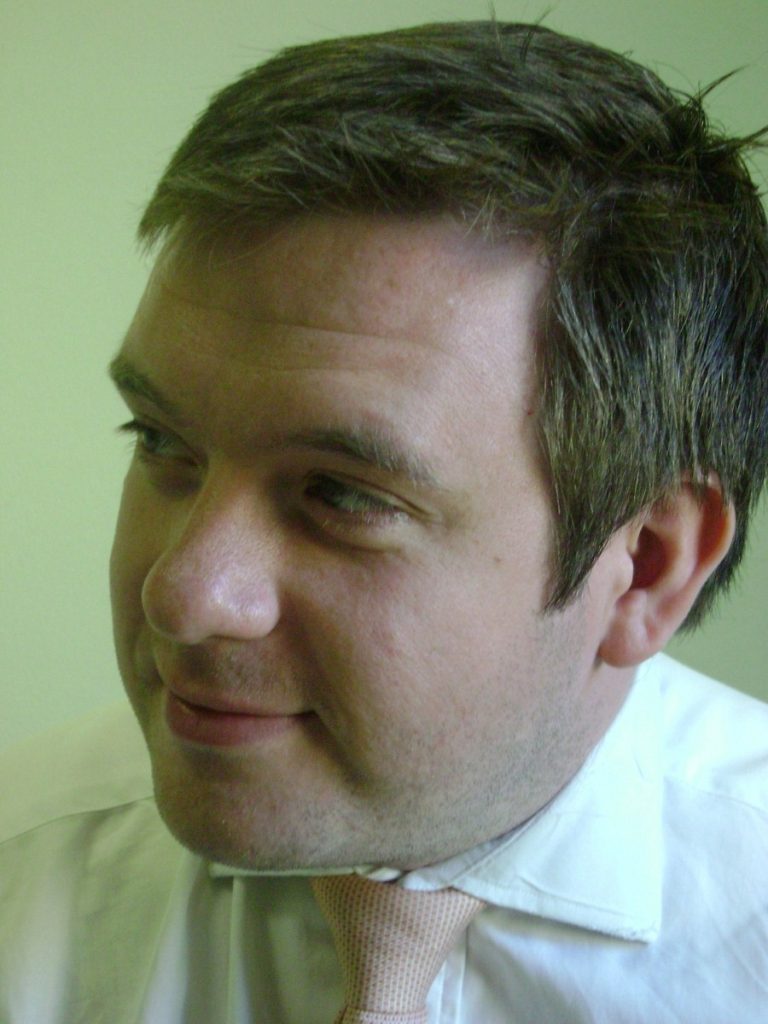Comment: Welby is well suited to walk a difficult path ahead
By Paul Bickley
A 'hospital pass' is a term used in various sports to describe a pass after which the recipient is subject to unavoidable heavy contact from an opposing player, leaving the him or her liable to a visit to the nearest A and E.
This roughly describes what most commentators think has just happened to Justin Welby, incoming Archbishop of Canterbury. On his ‘in tray’ is an internecine conflict over sexuality, declining church attendance, messy internal bureaucracy, crumbling buildings, no money, secularisation etc, etc, etc. Barack Obama should think himself lucky.
While all of that’s true, there are other things to be said. Nearly all of the things which are usually seen as clouds over the Anglican Communion have silver linings. Welby will lead a church of global reach – it has 85 million members worldwide and is growing.


Domestically, the Church of England has a presence in every single community. Even as it loses adherents (as it has from its fringes in significant numbers), it can still attract nearly one million people every Sunday of the year. According to the Church of England, its congregations give more than £51.7 million each year to charities – more than the BBC's annual Children in Need appeal.
Even when it comes to secularisation, the difficult tenure of Rowan Williams has done nothing if not prove that there is an appetite for hearing what the Archbishop has to say.
As suspicious as many are of the Church as an institution, there is a deeper distrust of our political culture. The establishment and the Church and the public voice of the Archbishop of Canterbury go a long way toward meeting an appetite for a moral perspective in public life.
This is an awkward path to walk, but a necessary one.
Many will continue to believe in principle that there is no case for affording one denomination such a privileged place in public life, no matter how thought provoking the contributions of its leaders.
Otherwise, there are sometimes fundamental and irreconcilable differences of view. No 10 in particular will welcome the opportunity to hit the reset button. Rowan Williams' only moderately critical guest editorship of the New Statesmen certainly put plenty of Conservative noses out of joint.
Conservative Home’s Tim Montgomerie’s recent article in the Times, which called for the next Archbishop to ‘get back to basics’, didn’t need much reading between the lines.
For Montgomerie, 'back to basics' means getting back to simple Christian teaching and definitely "no partisan politics". Quite right too – the Archbishop of Canterbury has better things to do than try and get Messrs Cameron, Miliband and/or Clegg un/elected.
Welby's political cards are close to his chest. His predecessor’s were always on the table.
But what if, through doing the very thing that Montgomery calls for – pursuing simple Christian teaching – an Archbishop happens to come into conflict with the government of the day? For that is really what all recent Archbishops of Canterbury, including Williams, have done.
To their credit, they don't generally spend their time special pleading for the Church of England, or indeed launching political grenades randomly across the Thames according to their political predilections. Instead, they speak up for those without much of a voice.
In itself, that's little or nothing to do with party politics, but it does put the Church at odds with politicians and their policies. Conservative memories can (ironically) be short. Rowan Williams was as a much a thorn in the side of Blair (on the war in Iraq) and Brown (on the banking crisis) as he has been of Cameron (on Big Society and spending cuts).
It might be controversial at the time, but a nodding dog-collar would avoid offending everyone without achieving anything.
Welby, it seems, is well-placed to walk this difficult path.
Much has been written about his experience in the business world, and in conflict and reconciliation. In the end, it doesn’t really matter what in particular is on his CV. What does matter is that he didn’t come through the ranks of the Church by succeeding as an academic theologian.
That’s not a criticism of Rowan Williams, who has provided considerable thought leadership (indeed hopefully, he will continue so to do). But it is time for something different.
If the Church were an irrelevance, imminently to collapse under the weight of its own internal divisions, then there would have been little interest in this process and appointment.
But the role Archbishop is an important position after all – as a national conscience pricker, as an asker of awkward questions, as a reminder of where we have come from. Our political life would be poorer without it.
Paul Bickley is the director of political programmes for religion and society think tank Theos.
The opinions in politics.co.uk's Comment and Analysis section are those of the author and are no reflection of the views of the website or its owners.












